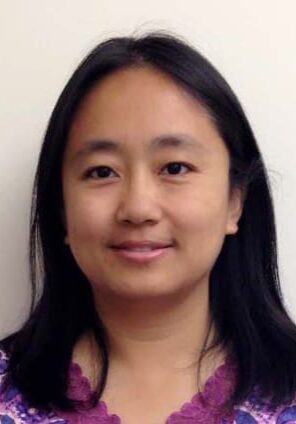
Xiaoming Hu, M.D., Ph.D.
Dr. Hu’s core research interests are to explore the mechanisms underlying immunomodulation of ischemic brain injury and to identify novel immunotherapies. The immune response plays a pivotal role in the evolution of the infarct zone and in the process of brain recovery. Dr. Hu’s lab has been characterizing immune responses after stroke and investigating the specific signaling molecules and pathways underlying the activation and functions of different immune cell populations in the ischemic brain. Her work has identified potential therapeutic targets and developed novel treatment strategies for the amelioration and recovery of brain injury associated with stroke in experimental models.
Dr. Hu has been working on characterizing microglia/macrophage responses after stroke and other CNS diseases. She discovered that microglia/macrophages respond dynamically to ischemic brain injuries, experiencing an early healthy M2 phenotype followed by a transition to a “sick” M1 phenotype. (Hu et al. Stroke 2012; 43:3063). Her lab is further exploring the mechanisms underlying microglia/ macrophage polarization in the ischemic brain. Her studies elucidated critical roles of biological signals and molecular switches that control phenotypic changes in microglia/macrophages (Yang et al Journal of Neuroscience 2017;37(18):4692-4704).
Dr. Hu’s another main interest of research is to study the role of regulatory T cells in ischemic stroke. She demonstrated neuroprotective effects of this specialized T cell subpopulation in cerebral ischemia (Mao et al Brain 2017; 140(7):1914-1931. Li et al., Ann Neurol 2013; 74:458). In order to take this exciting discovery forward, recent studies in her lab are exploring the long-term effects of regulatory T cell in functional recovery after stroke.
